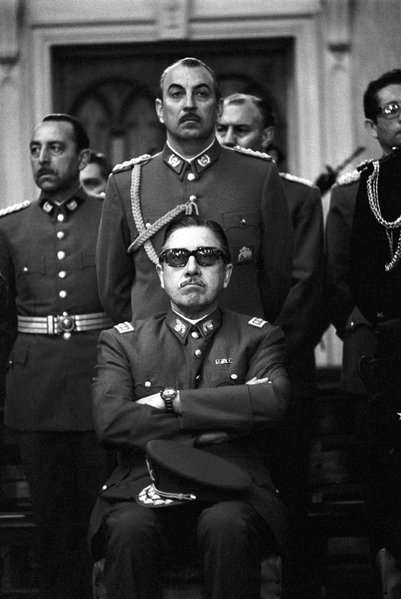An excellent New York Times article yesterday discussed how democratic politics and bureaucracy in India prevent the elimination of infrastructure bottlenecks, especially in transportation. The article focused on India’s railway system, where freight rates are expensive, travel times excessive, and traffic volumes inadequate to the task of fostering strong economic growth…of the pace we see in China.
It is an interesting comparison — China vs. India, one which would require more time and space to adequately address than this blog can provide. For the moment, I will raise the long-standing dichotomy between two development models — the authoritarian and the democratic. In Latin America, analysts have often underscored the success of the Pinochet model in Chile, whereby a brutal authoritarian regime from 1973-90 swept away roadblocks and bottlenecks caused by democratic politics, unleashing that country’s growth potential and allowing it to develop more rapidly than many of its historically more democratic neighbors. Moreover, with a sound economy in place, Chile was able to make the transition to a functioning democracy with two relatively cohesive coalitions of the right and left. Yet there was a cost in terms of social cleavages, human rights abuses, and at times political stability. Throwing people out of helicopters is not civilization.

General Augusto Pinochet (seated) and friends, the junta that ruled Chile from 1973-90. Source: http://acalzonquitao.files.wordpress.com/2008/09/_pinochet_junta.jpg
Arguably, Russia and China have followed the Pinochet model, Russia after the economic disaster created under failed democrat Boris Yeltsin. China has done quite well with this model, but nervous Chinese leaders understand that unrest, if not social upheaval, is always a possibility in China if the political monopoly fails to consistently deliver the economic goods. India labors under a vibrant, if at times inefficient and somewhat corrupt, democracy. Nevertheless, Indians know that if a government fails to deliver economic growth, they can “throw the rascals out” at the next election. This introduces a measure of political stability into the system, which is often lacking in authoritarian regimes. And, given India’s enormous ethnic and religious cleavages, it is perhaps this vibrant democracy that prevents the country from tearing itself apart. Slow trains and slow growth — the price Indians pay for stability (and decency)?
Image above: General Augusto Pinochet (seated) and friends, the military junta that ruled Chile from 1973-90. Source: http://acalzonquitao.files.wordpress.com/2008/09/_pinochet_junta.jpg